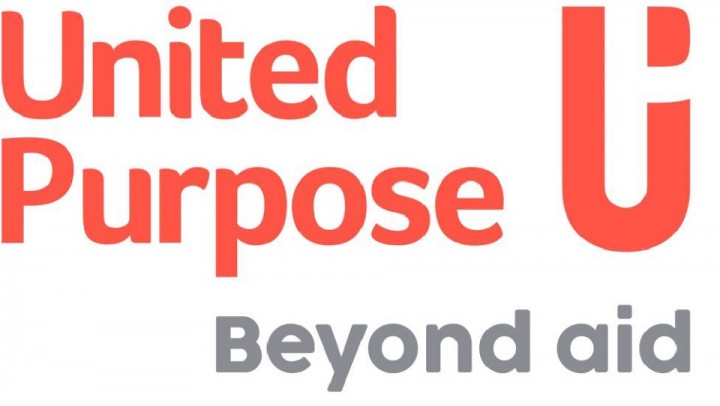United Purpose UP
UPs WASH work has historically been rooted in its robust community-focused WASH interventions, and UP has strong expertise in areas of rural water supply infrastructure and maintenance, Community-Led Total Sanitation (CLTS) and our innovative approaches for behaviour change in our WASH in Schools work. Since 2012 (when we started tracking these metrics across the organisation), UPs WASH programming has increased access to basic drinking water supply services for 1.4 million people, supported 11,800 villages to become Open Defecation Free - ODF (and helped create the first ODF local government authority area in Nigeria), and has improved WASH facilities and practices in over 2,500 schools. We have developed an innovative financing model for rural water supply maintenance.
Beyond such community-focused programming, in recent years, UP is increasingly taking a systems-based approach to improving WASH services at scale, strengthening WASH service governance at the local authority level, and applying market-based approaches to expand access to affordable WASH products and services. For example, in Mozambique we are strengthening the social accountability of local governments in the planning and delivery of WASH services, and in Brazil were using rights-based approaches and civil society dialogue platforms to improve WASH services in low-income urban areas. Were delivering a womens business initiative at scale in Bangladesh which include WASH products and services as part of their business offering, and weve been active in countries such as Malawi and Guinea on sanitation marketing. Were evolving our approaches for professionalized rural water supply maintenance services.
As a multi-sectoral NGO, many of UPs programmes are integrated with our other sectors - such as nutrition, agriculture and enterprise, climate, and Sports for Development - to maximise the impact of our work. Whilst UP is primarily focused in development contexts, we have also been active in responding to humanitarian crises in the countries where we work.
Filter / Tags
Capacity developmentMarket developmentRenewable energies and climate changeTechnology comparisonsFood security and productive sanitationRural areasCommunity sanitationEmergency and reconstructionPublic awareness, advocacy and civil society engagement Operation, maintenance and sustainable servicesGroundwater protectionWASH and nutritionInternational NGOBehaviour changeHealth and hygieneProduct design and engineeringPolitical processes and institutional aspects
Countries of Activity
BangladeshBrazilBurkina FasoCameroonCongo the Democratic Republic of theEthiopiaGambiaGhanaUnited KingdomGuineaKenyaMalawiMozambiqueNigeriaRwandaSenegalTogoZambia

United Purpose
Headquarter location
